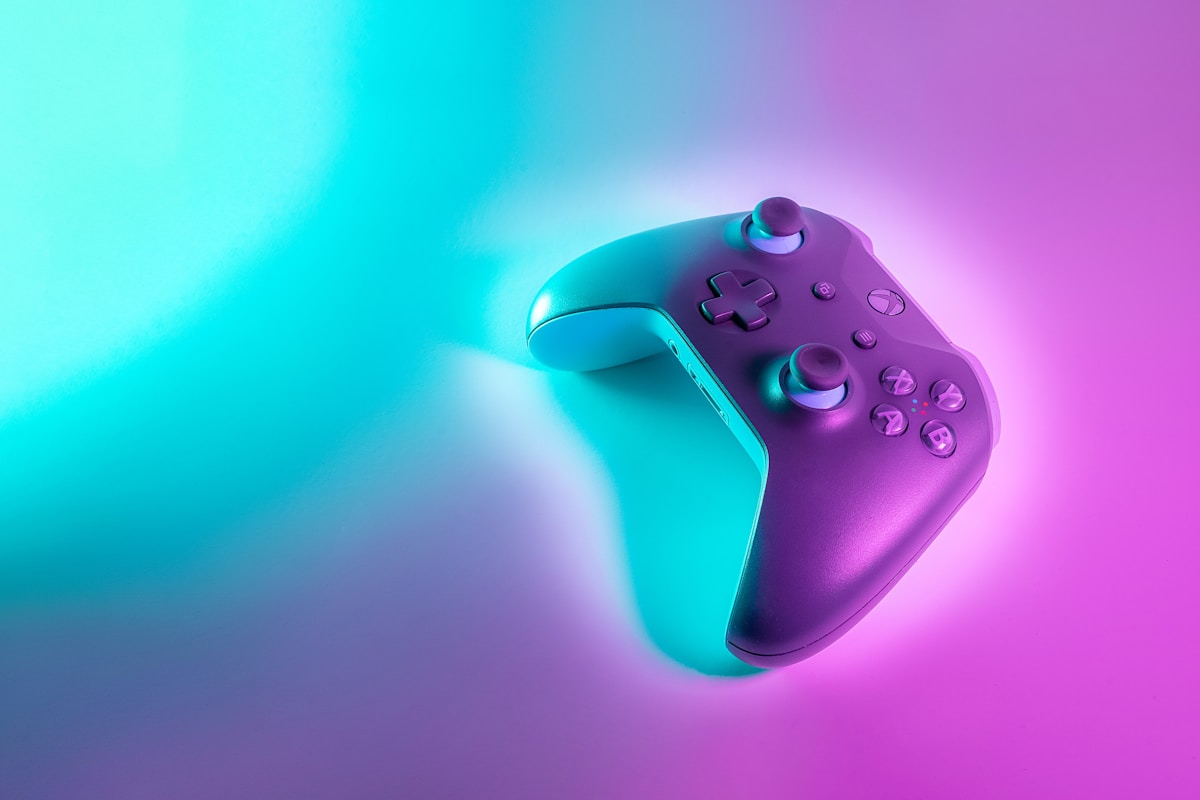Nintendo released an unusual Sunday statement on October 5 denying it has lobbied the Japanese government about generative AI, contradicting claims made by a member of Japan’s House of Representatives. The rare weekend corporate response came after Satoshi Asano from the Democratic Party for the People stated that Nintendo avoids using generative AI to protect its IP and is also engaging in lobbying activities with the government. Nintendo flatly rejected the characterization.
What the Politician Actually Said
Asano’s comments appeared in a lengthy social media post discussing generative AI and creators’ rights in Japan. Nintendo represented only a small portion of his broader statement, but the specific claim about lobbying activities sparked immediate international media coverage. Asano wrote about the importance of protecting creators’ rights while acknowledging the convenience of generative AI, positioning his remarks within ongoing Japanese policy discussions about artificial intelligence regulation.
The post referenced several high-profile lawsuits involving generative AI and unauthorized content use. Asano cited the Yomiuri Shimbun’s 2025 lawsuit against Perplexity AI seeking 2.17 billion yen in damages for allegedly scraping newspaper articles without permission. Similar legal actions from Nikkei Shimbun and Asahi Shimbun demonstrated growing tension between traditional media organizations and AI companies in Japan. Asano positioned Nintendo’s alleged lobbying within this broader context of rights holder concerns.
Nintendo’s Direct Rebuttal
Nintendo’s response was unequivocal and unusually swift for a company that rarely addresses rumors or speculation publicly. Contrary to recent discussions on the internet, Nintendo has not had any contact with the Japanese government about generative AI, the company stated on its official corporate X account. The statement continued: Whether generative AI is involved or not, we will continue to take necessary actions against infringement of our intellectual property rights.
The timing and directness of the denial stand out. Nintendo typically avoids weekend corporate communications unless addressing critical issues requiring immediate clarification. Publishing on a Sunday signals the company considered Asano’s claims serious enough to warrant breaking from standard corporate communications practices. The statement carefully distinguished between generative AI lobbying specifically and Nintendo’s general commitment to protecting intellectual property through legal channels.
Why Nintendo Responded So Quickly
Several factors likely motivated Nintendo’s rapid response. First, the claim came from an elected government official rather than anonymous internet speculation, giving it inherent credibility that could shape public perception and policy discussions. Second, media outlets worldwide picked up the story within hours, creating potential reputational risks if left unaddressed. Third, Nintendo’s longstanding reputation for aggressively protecting its IP made the lobbying claim plausible enough to gain traction.
The company also may have wanted to avoid being positioned as an opponent of technological innovation. While Nintendo fiercely protects Mario, Zelda, and other franchises through legal action, publicly lobbying against an entire technology category could invite criticism and regulatory scrutiny. The denial allows Nintendo to maintain its IP enforcement stance without appearing to obstruct broader technological development.
Nintendo’s Actual Position on Generative AI
Nintendo has addressed generative AI publicly before, though not through lobbying efforts. In shareholder meetings and investor calls, company executives expressed skepticism about incorporating AI-generated content into game development. Nintendo emphasized its commitment to human creativity and craftsmanship, framing its games as products of talented developers rather than algorithmic outputs.
This philosophical stance aligns with Nintendo’s broader corporate identity. The company has historically resisted industry trends that conflict with its creative values, from rejecting photorealistic graphics in favor of stylized art to avoiding free-to-play monetization models for mainline franchises. Choosing not to use generative AI internally doesn’t require government lobbying. It simply reflects Nintendo’s existing development philosophy prioritizing human artistry over technological shortcuts.
The Broader Japanese AI Regulation Context
Japan’s government is actively developing frameworks for AI regulation, particularly around copyright and intellectual property protections. The Ministry of Economy, Trade and Industry has issued guidance on AI development and deployment, while various parliamentary committees are exploring legislative options. Rights holders across industries including publishing, music, film, and gaming have voiced concerns about AI systems trained on copyrighted materials without permission or compensation.
Asano mentioned his party would continue promoting ethical use of generative AI while exploring tighter regulations. Feedback from creators would be incorporated into future policy discussions. This indicates ongoing Japanese legislative activity around AI regulation, creating an environment where corporate lobbying could influence outcomes. However, Nintendo’s denial suggests the company has chosen not to engage directly in this lobbying process, at least regarding generative AI specifically.
Nintendo’s Track Record on IP Protection
While Nintendo denied lobbying on generative AI, the company has actively engaged government and legal systems on other IP matters. Nintendo’s patent attorney Koji Nishiura gave lectures in early 2025 explaining the company’s position on emulation, detailing when emulators violate Japanese law through bypassing encryption or copying proprietary code. Nintendo successfully shut down major Switch emulators including Yuzu and Ryujinx through legal action in 2024.
The company also pursues fan projects, ROM sites, and unauthorized merchandise through cease-and-desist letters and lawsuits. Nintendo’s reputation for zealous IP enforcement is well-established and publicly acknowledged. This makes the generative AI denial interesting because lobbying governments to strengthen IP protections would align perfectly with Nintendo’s historical behavior. The company’s statement that it will continue to take necessary actions against infringement leaves room for future legal or policy engagement if AI-generated content threatens Nintendo’s properties.
What Happens Next
Asano has not publicly responded to Nintendo’s denial as of Sunday evening Japan time. Whether the politician retracts his claims, doubles down with additional evidence, or clarifies potential miscommunication remains to be seen. The contradiction between an elected official’s public statement and a major corporation’s direct rebuttal creates an unusual situation requiring resolution.
For Nintendo, the episode highlights challenges of operating in an environment where public figures can make claims that quickly spread globally through social media and gaming press. The company’s decision to issue a rare weekend denial demonstrates its communications team recognized the potential for lasting reputational impact if the lobbying narrative took root. Whether this sets precedent for Nintendo addressing future rumors more proactively or represents a one-time exception will become clear over time.
Frequently Asked Questions
Is Nintendo lobbying against generative AI in Japan?
No. Nintendo issued a statement on October 5, 2025 explicitly denying any contact with the Japanese government about generative AI, contradicting claims from politician Satoshi Asano.
Who claimed Nintendo was lobbying the government?
Satoshi Asano, a member of Japan’s House of Representatives representing the Democratic Party for the People, made the claim in a social media post discussing generative AI and creators’ rights.
Does Nintendo use generative AI in game development?
Nintendo has expressed skepticism about generative AI in past statements, emphasizing human creativity and craftsmanship in its development process. However, this doesn’t mean the company is lobbying governments against the technology.
Why did Nintendo respond so quickly to these claims?
Nintendo issued a rare weekend statement because the claims came from an elected official and gained rapid international media coverage. The company likely wanted to prevent the lobbying narrative from becoming accepted fact.
Is Japan regulating generative AI?
Yes, the Japanese government is actively developing AI regulation frameworks, particularly around copyright and intellectual property protections. Various ministries and parliamentary committees are exploring legislative options.
Has Nintendo lobbied governments on other issues?
While Nintendo aggressively enforces intellectual property through legal channels, the company specifically denied lobbying about generative AI. Nintendo has publicly explained its positions on emulation and piracy but hasn’t confirmed active government lobbying campaigns.
What is Nintendo’s stance on protecting its IP?
Nintendo stated it will continue to take necessary actions against infringement of its intellectual property rights, whether generative AI is involved or not. The company has a long history of aggressive IP enforcement through legal action.
Conclusion
A politician’s claim about Nintendo lobbying against generative AI turned out to be false, at least according to Nintendo’s direct denial. The episode demonstrates how quickly misinformation can spread in an interconnected media environment, and how even major corporations sometimes need to break communication norms to set the record straight. Nintendo’s statement leaves no ambiguity: the company hasn’t contacted the Japanese government about generative AI. Whether that remains true as AI regulation evolves and potentially threatens Nintendo’s intellectual property in new ways is a different question. For now, the record is clear, even if it took a rare Sunday corporate statement to establish that clarity.


